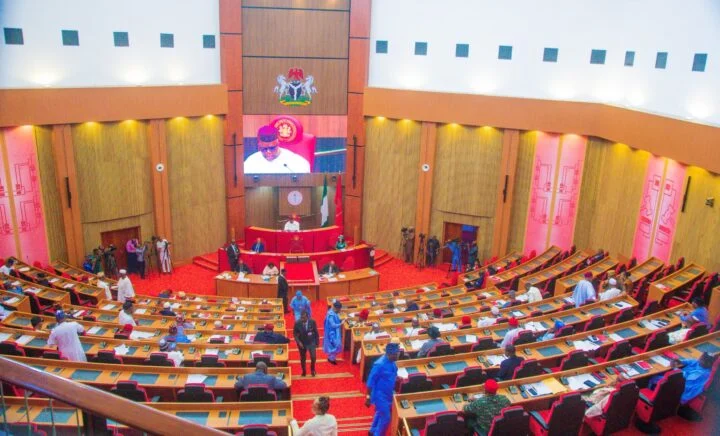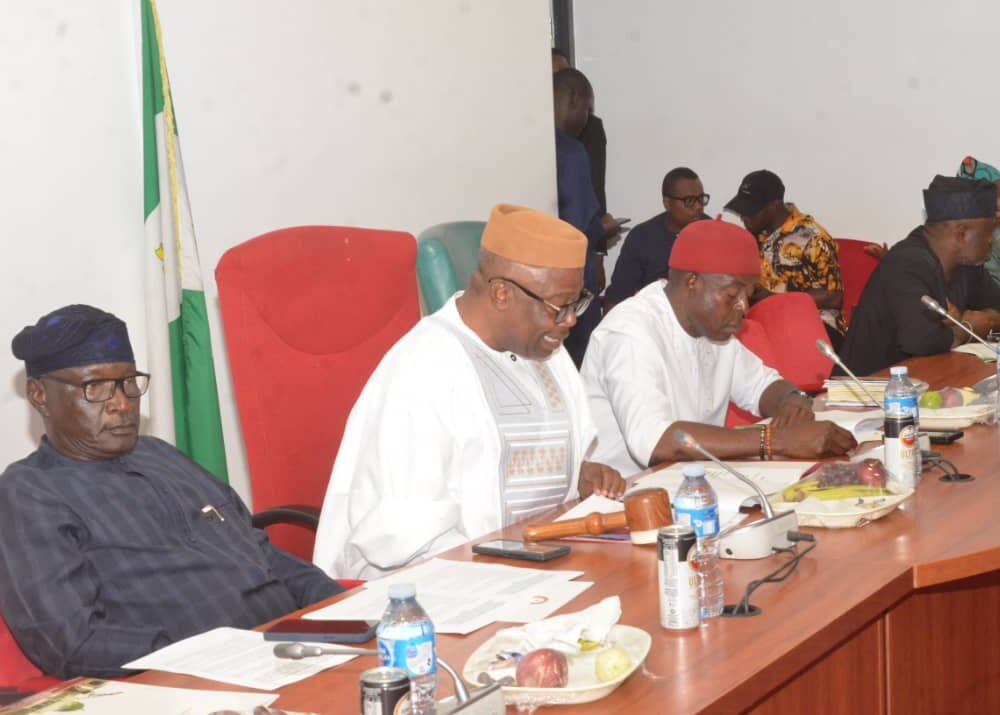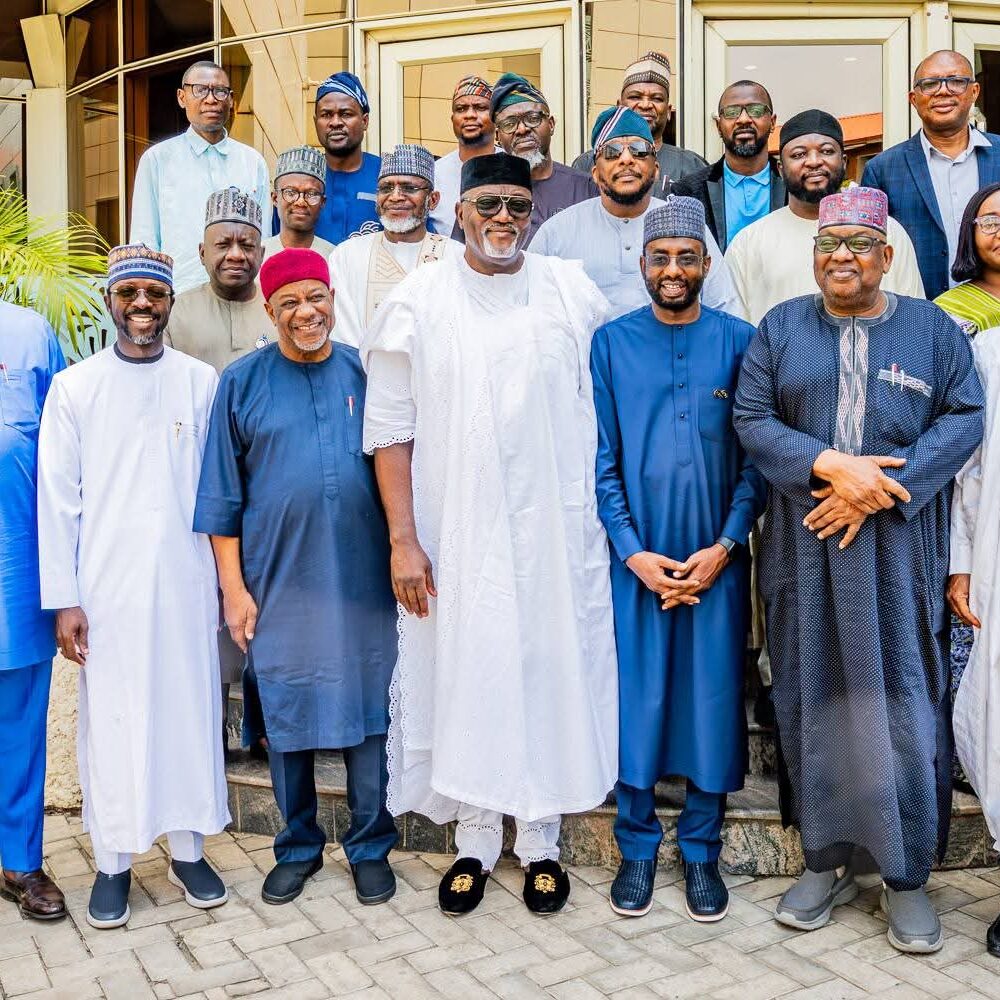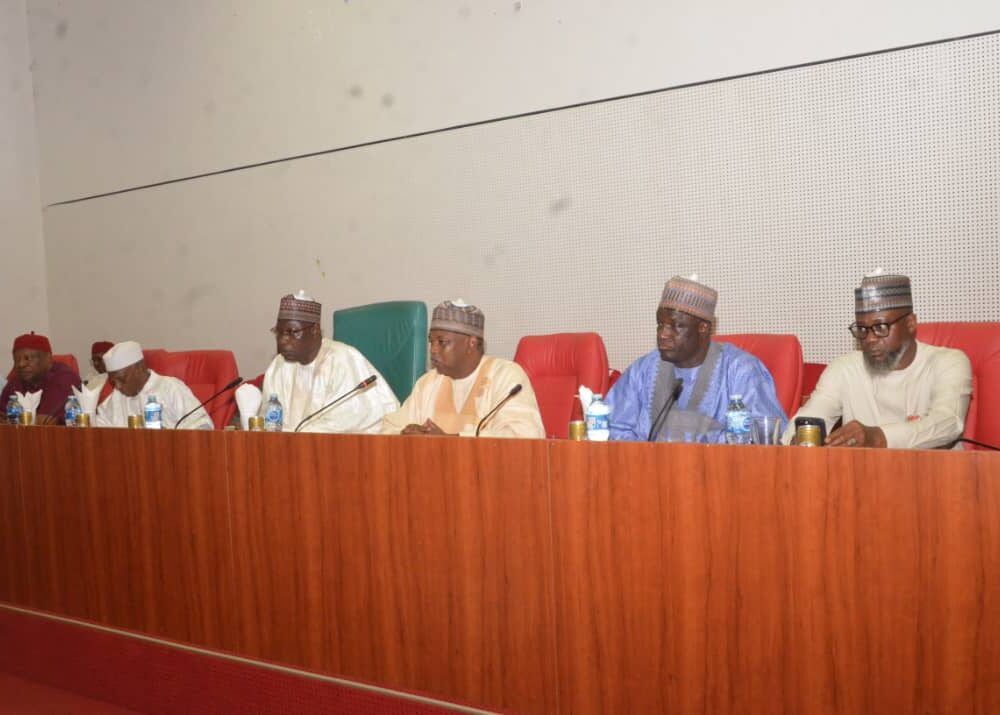The Nigerian Senate has convened an emergency session to deliberate on the enforceability of the Supreme Court’s ruling granting financial autonomy to the country’s 774 Local Government Councils.
The emergency session followed presentation of the motion sponsored by Sen.Tony Nwoye (LP -Anambra)and nine other lawmakers at plenary on Wednesday.
Hon. Nwoye had through orders 41 and 51 of Senate rules, while presenting the motion, alleged a plan by some state governments to avoid execution of judgement of the supreme court on the autonomy of local government financing.
Nwoye, supported by nine co-sponsoring senators, presented six key requests aimed at enforcing the Supreme Court’s judgement. His motion was seconded by Senator Osita Izunaso (APC, Imo West).
However, Senator Adamu Aliero (PDP, Kebbi Central) raised a constitutional objection, citing Section 287 of the 1999 Constitution, which mandates nationwide enforcement of Supreme Court rulings.
Aliero stated, “Supreme Court judgements are enforceable across the country. There is no need for us to be debating anything that has to do with it here.”
Senate President Godswill Akpabio echoed Aliero’s position but added that constitutional amendments might be required to fully implement the autonomy ruling. Akpabio pointed to Section 162, subsection 6 of the 1999 Constitution, which establishes the State/Local Government Joint Account.
“I think what we need to do is to carry out the required amendments to certain provisions of the Constitution as far as local government autonomy is concerned,” Akpabio remarked.
As tensions escalated, with Senator Nwoye invoking Order 42 for a personal explanation and Senator Abdulrahman Summaila Kawu (NNPP, Kano South) raising a similar objection, confusion ensued. Many senators rushed to consult with the Senate President, prompting an emergency closed-door session at 12:46 PM to resolve the matter.





